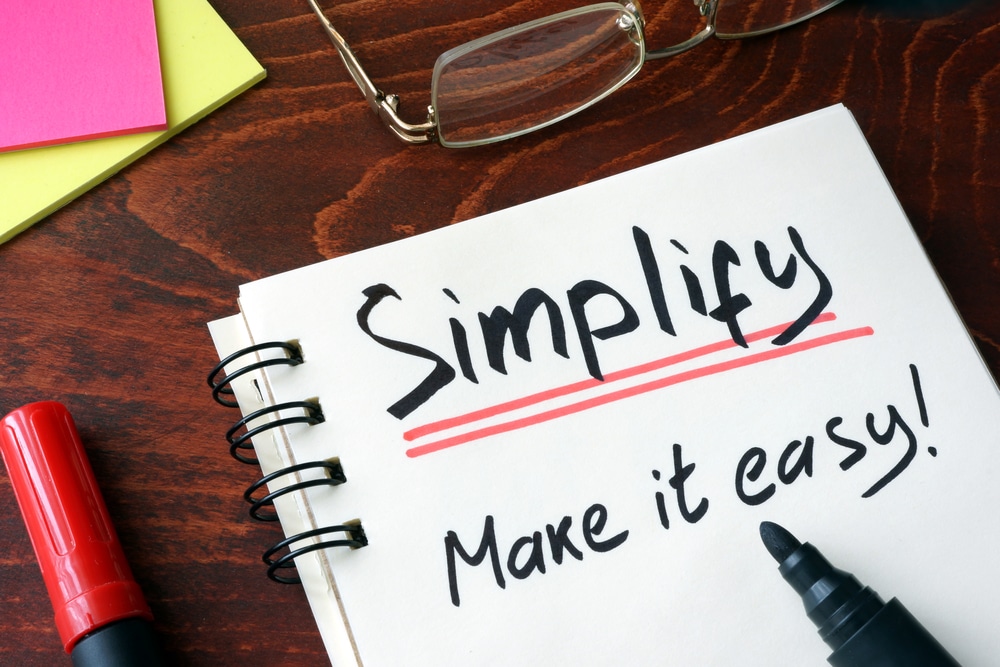
Host Bharat Sagar opened the podcast discussing the response to President Trump’s announcements to get rid of DE&I practices and potentially sanction firms.
All the guests – Esther Dijkstra, managing director for intermediaries at Lloyds Banking Group (LBG), Andrew Montlake, CEO of Coreco, and Ali Crossley, managing director, distribution, retail at Legal & General (L&G) – said no changes had been made within their companies.
However, Dijkstra said there had been challenges as LBG recently put colleague pronouns on name badges, which “created a whole storm of feedback, not all very positive”.
She also said there had been a recent rise in abusive language used by customers, brokers and businesses, resulting in the group issuing warnings and removing people from its panel.
Montlake said some people were experiencing D&I fatigue and questioned if it still needed attention.

The future is here: API-powered full mortgage applications are live with Halifax Intermediaries
Sponsored by Halifax Intermediaries
He added: “You still have a lot of organisations that recognise, quite rightly, that there is still a lot more to do and we’ve just really started on this journey still.”
He said brokers needed to “reflect the views and the thoughts” of their customer base.
“If you’re looking after a diverse customer base and you’re not diverse yourself, then there’s definitely a business issue there and you need to be able to do that,” Montlake added.
Montlake said some firms were doing better than others, while he suspected a number were doing it as a “tickbox exercise”.
Being inclusive to everyone
Montlake spoke about adjustments Coreco had made to be more inclusive, such as support for neurodivergent employees and updating the recruitment process to say potential applicants did not need to have every skill listed in a job advert to apply, as having the right attitude was equally important.
He also said having a female leadership had “helped dramatically” in looking at things in a different way.
Montlake said: “That diversity of thought in running a business is so important.”
Crossley said that within her team, they had different metrics and goals to meet around diversity and inclusion, including a change to the way they recruited.
However, she noted that she did not want “white middle-aged” men to feel disenfranchised with all the initiatives to improve diversity, adding that “they matter too”.
Sagar agreed, saying “inclusive means everybody, it doesn’t mean everyone but the norm”.
Crossley praised L&G’s Kevin Roberts for his work around diversity and inclusion, saying it took courage to recognise yourself as someone who was overrepresented and make it a duty to include other groups of people.
Sagar said much of the revolt against diversity and inclusion in the US was coming from “middle-aged white men” and Montlake said it was because a whole sector of society felt like “no one’s looking out for me anymore but this guy in the White House, he understands me”.
He said this was why it was important to bring everyone along on the journey.
Making a difference where you can
Dijkstra said it was an eye-opener for her to create an “active learning” environment, saying that as she came from a middle-class background, she needed to really understand what it might be like for someone in a different position.
“You just always have to make sure that you… challenge your own biases; even if you’re advocating very well in one area, that doesn’t mean your mind is open in all areas,” she added.
Crossley said a challenge was prioritisation and one of the reasons diversity and inclusion received backlash was because people in different segments felt ignored.
“That diluted the thematic message about why it’s so important,” she added. Crossley said it would be hard for any business to do everything properly, adding that L&G had focused on gender, retaining employees after maternity leave and ethnic diversity representation.
Montlake said companies needed to focus on what they were able to do, as he met a smaller firm that insisted it represented its majority white local area.
“A lot of these small companies are doing some amazing things in their community in terms of social outreach… going into schools and educating… social mobility,” he added.
He said this particular company owner was taking on reformed prisoners, “but not shouting about it”.
“The point I’m trying to make is there are a lot of firms doing a lot of good things already,” Montlake added.
He said being more diverse and inclusive was not just about getting more representation within a firm, but a wider effort.
“Look at the little differences you can make within your community and within your business, and [in] a lot of cases, that will be more profound than you even imagine,” Montlake said.
Listen to the full episode [34:09] hosted by Bharat Sagar, ambassador at large at AE3 Media, with guests Esther Dijkstra, managing director for intermediaries at Lloyds Banking Group (LBG), Andrew Montlake, CEO of Coreco, and Ali Crossley, managing director, distribution, retail at Legal & General (L&G).





